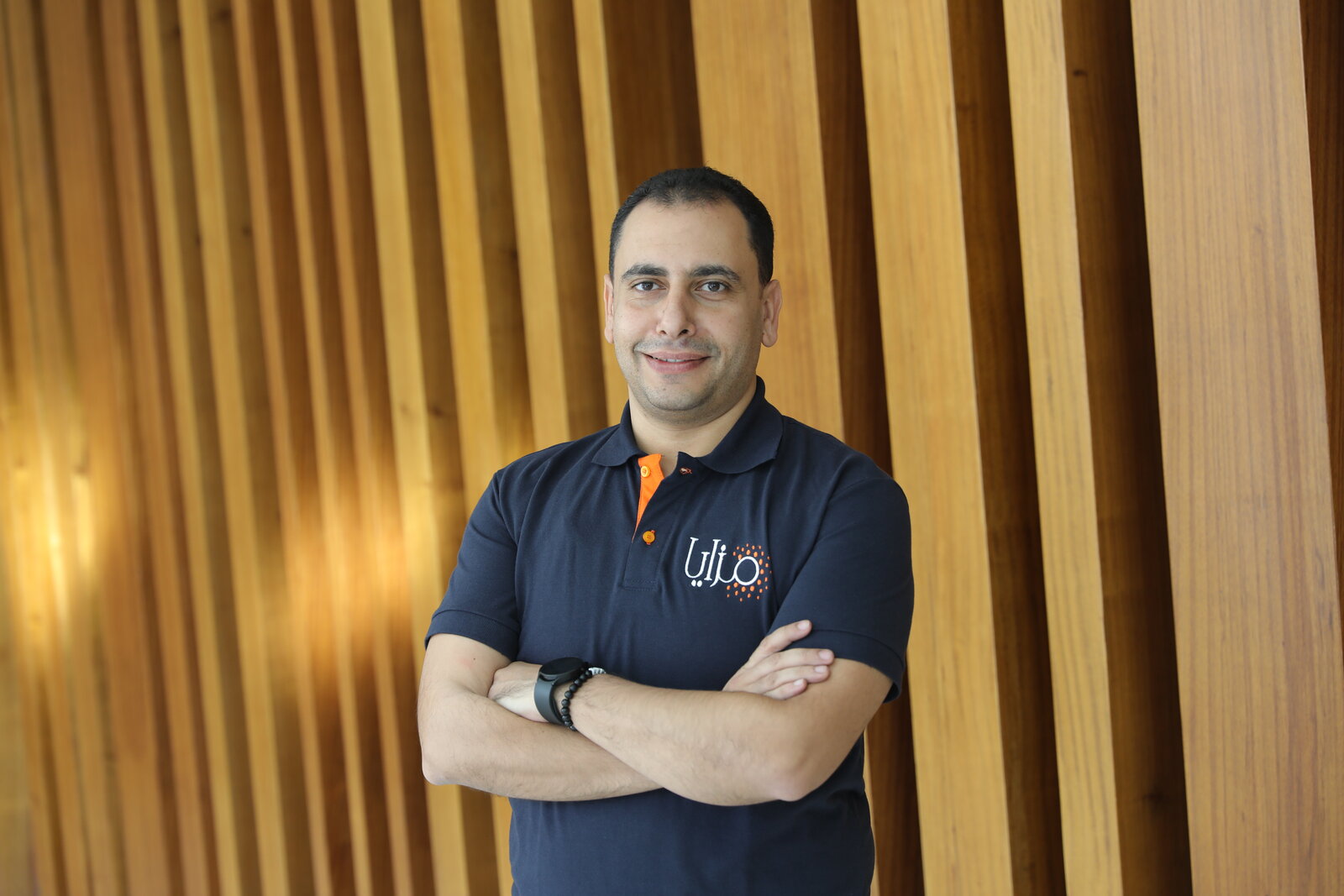Meet our founder of the week: Amir Aboul Fotouh, founder and head of operations at Mazaya

OUR FOUNDER OF THE WEEK- Every Tuesday, Founder of the Week looks at how a successful member of Egypt’s startup community got their big break, asks about their experiences running a business, and gets their advice for budding entrepreneurs. Speaking to us this week is Amir Aboul Fotouh, founder and head of operations at Mazaya (LinkedIn).
My name is Amir Aboul Fotouh and I am the founder and head of operations at Mazaya. I began my career working as an accountant. I worked at Raya and then at Cargill, a US company that distributes grain and other agricultural commodities. I then joined the commercial team at Raya as a product manager, managing the telecom product line business before becoming the senior commercial planning manager at Raya Trade.
During my time at Raya, we began to notice that our margins were being squeezed every year, and it became imperative that we build a technology-based operation. We met with a lot of merchants and retailers and realized that there was a big gap in the market. Small retailers had to work with a lot of suppliers to get the stock they need. They also had very few financing options available to them.
We built Mazaya on the convenience and accessibility value propositions. It’s a one-stop-shop, selling mobile phones and accessories, tablets, TVs and small domestic appliances, such as blenders and microwaves.
The local electronics market comprises around 12k-13k retailers, and the distributors and suppliers deal directly with only about 20% of them. The rest have to bear the cost of buying from intermediaries like wholesalers or semi-wholesalers that each add their own margins, which boosts up the price of the products at small retailers, increasing the gap between the price suppliers pay to buy a product firsthand from the source and the end price at which they are sold to consumers.
Our role falls somewhere between distributors and wholesalers. We aim to serve small retailers. They’re an underserved market and to provide their stocks within a proper price range and time frame and to make sure they are aware of any promotions or discounts from suppliers. We currently serve 6k retailers and we are looking to bring that number up to 10-12k by next year.
We had the first version of the application ready by September and we launched in Cairo and Giza first in December 2021. We expanded to Alexandria, then the Delta region and Upper Egypt. By July 2022, we had a presence nationwide, covering 6,000 retailers.
We recently closed a USD 5 mn pre-seed round, led by Raya Trade and Distribution, a subsidiary of Raya Holding for Financial Investments. We have a special partnership with Raya, wherein we turn to them first to obtain our stocks. They are not just investors, they offer us a lot of support, as well.
Corporate companies have their limits, especially big companies. It is very difficult to change the traditions and practices within them. There is very little appetite for change. On the other hand, at a startup, you are able to react very quickly to market changes. Corporates however are more solid and equipped to deal with difficult circumstances
By founding your own company, you give up the support that larger companies afford you. You are solely responsible for your company’s successes or failures. You need to constantly think about the company and its employees because no one else will do this on your behalf.
Heading a startup you get very fast feedback on decisions you make so you are able to adjust accordingly. You are always thinking about the next step so you never really get to take in the successes. You’re always looking to the next milestone.
Some KPIs I constantly look at are the frequency of orders and average order value. We aim to receive four orders from each retailer every month as their average cycle is around one week. The order value is very important because you could have an order that just consists of one EGP 15 cable.
The current economic climate definitely affects our business. When the EGP was devalued in 2016, the market declined by 25%, but it recovered a year later. This time around we expect the decline to be harsher. Consumers have also shifted their spending habits, opting to fix old phones as opposed to buying new ones and buying less expensive models than they would have previously.
When I’m not working, I spend as much time as I can with my family. I usually end the day watching two episodes of Friends. I also try to travel wherever I get the chance. When I encounter topics I am unfamiliar with, I tend to look for a podcast on the topic and to listen to that.
I think MaxAB has done a great job of mixing the traditional way of doing business and the startup model. They respect traditional wholesalers and traders and are keen on maintaining good relationships with them. I have a lot of respect for startups that are respectful of the traditional players in their industry, that were there long before them conducting business in a certain way. Startups emerge with new tech and strategies that disrupt that market, so it's important that that is done in a gradual and respectful manner. You cannot show up on the scene expecting to change the market overnight.